Most food businesses need to register. There are different types of registration depending on the type of food you sell.
You can find out what food plan apply to your food business by using an online tool ‘My Food Rules‘ developed by the Ministry of Primary Industries (MPI).
The Food Advisor Hub also contains good information for those wanting to start, grow, change, or manage a new food business.
Exemptions
There are some exemptions such as fundraising or community groups.
The Food Act 2014 allows a person or a group to trade in food for the sole purpose of raising money for a charitable, benevolent, philanthropic, or cultural purpose for up to 20 occasions in any calendar year. Food for sale needs to be safe and suitable and all food must be sourced from registered food premises.








